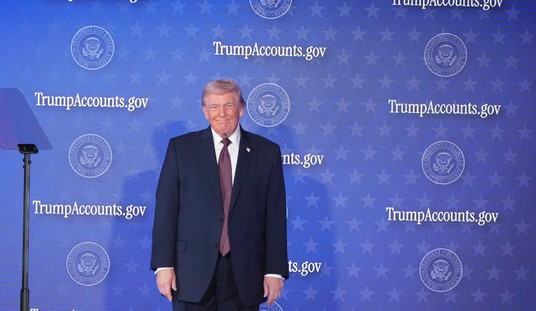A new announcement from the Food and Drug Administration could bring stringent regulations on caffeine—including age limits. Michael R. Taylor, a deputy commissioner for the FDA released a brief Q+A to address what actions the administration planned to enact.
The “Consumer Health Information” report coincides with the release of Wrigley’s new caffeinated gum, a product that contains the same amount of caffeine as half a cup of coffee. The FDA recently noticed the increased marketing of caffeine towards younger demographics, including decisions by companies to add caffeine to products such as oatmeal, jelly beans, and marshmallows.
“The gum is just one more unfortunate example of the trend to add caffeine to food,” explains Taylor. “Our concern is about caffeine appearing in a range of new products, including ones that may be attractive and readily available without careful consideration of their cumulative impact.”
In response to these growing concerns the FDA will begin to study what the acceptable levels of caffeine are and determine what effects the stimulant has on early development. According to Taylor:
“We’re particularly concerned about children and adolescents and the responsibility FDA and the food industry have to protect public health and respect social norms that suggest we shouldn’t be marketing stimulants, such as caffeine, to our children.”
This isn’t the first time the FDA has imposed regulations on caffeine. Most recently in 2010 the administration banned alcoholic beverages from including caffeine. Studies had shown that the combination often impaired consumer’s ability to determine their level of intoxication.
The FDA’s attempts to control caffeine levels will instantly draw comparisons to New York Mayor Michael Bloomberg and his failed attempts to regulate the consumption of soda. And critics have already begun to pick apart the FDA’s reasoning—as an editorial in The Washington Timesobserves:
Recommended
“Makers of energy drinks such as Monster and Rockstar appear to be on the government’s radar as well. The FDA is investigating whether these were responsible for the hospitalization and deaths of some teenagers, but did not inquire whether coffee played a role in these tragedies. Coffee-drinking among teenagers has exploded, and a Monster drink has about 50 mg of caffeine — an eighth of the caffeine in an oversized cup of coffee at Starbucks.”
Despite a mounting opposition, the FDA will continue to investigate ways to end the addition of caffeine in foods and beverages. The administration hasn’t ruled out using enforcement as a way to curb production, and could even “go through the regulatory process to establish clear boundaries and conditions on caffeine use”—which would lead to age restrictions, potentially paving the way for “21 and up” coffee laws.
























Join the conversation as a VIP Member